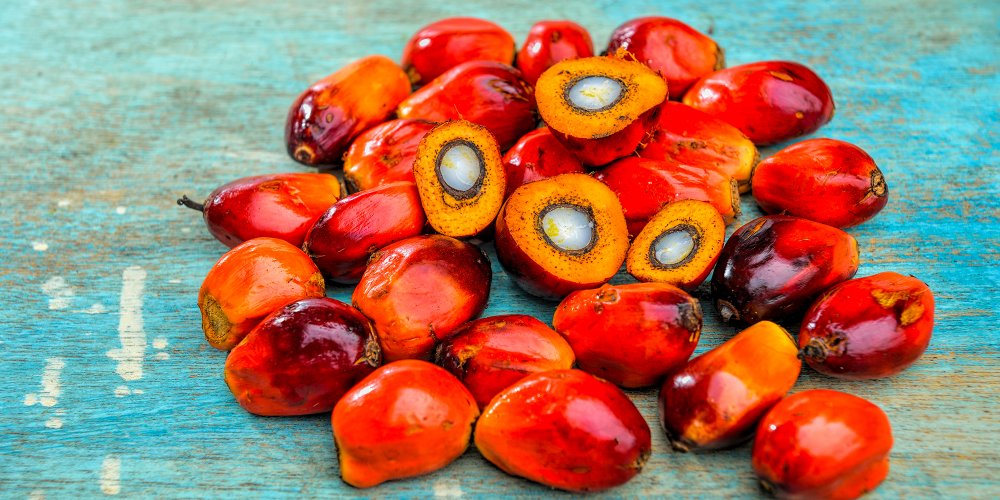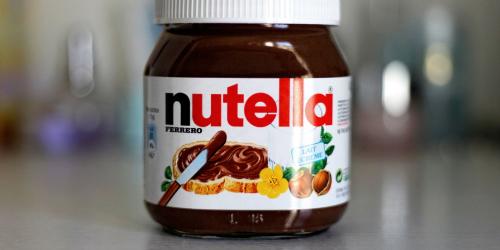What is the common thread between most spreads , chocolate bars, margarines, crisps, ready-made soups , ice creams and industrial cakes ...? They contain palm oil.
The latter is not necessarily written in words in the composition of the products. To mask its presence, manufacturers remain evasive: they simply indicate " vegetable oil " or "vegetable fat" or "palm acid" or "sodium palmate" on the label.
This ingredient they try to camouflage is strategic for them: it does not rancid quickly, withstands high temperatures, gives mellowness in the mouth and above all ... it is cheap.
Palm oil: a bad cholesterol booster
Like all fat, palm oil is essentially made up of fatty acids. But those present in the fruits of the oil palm are far from being the most glorious: they consist for half of saturated fatty acids, fats that cardiologists consider bad for health.
They are accused of increasing the rate of bad cholesterol (LDL) and thus increase our risk of infarction and stroke. However, these saturated fatty acids represent on average 16% of our daily energy intake, although the health authorities recommend not to cross the threshold of 12%.
By comparison, rapeseed oil contains only 7% saturated fatty acids and sunflower oil 10%.
The worst saturated fatty acids
Some saturated fatty acids are more suspect than others. Those with medium chains (like lauric acid, majority in the coconut oil ) are not very harmful: scientific studies have now proven that they do not raise the risk of coronary heart disease. And Brazilian researchers at the University of Paraiba even suggest they are curbing high blood pressure.
But fatty acids with long chains remain incriminated of all the evils. The saturated fatty acids of palm oil (mainly palmitic acid, stearic acid and myristic acid) belong precisely to this category.
Swallowing a little palm oil from time to time does not cause any problems, especially if you eat otherwise (fresh, balanced and diversified). But to absorb regularly at high doses can in the long run alter our health.
A junk food marker
In addition to the mischief it can cause on the heart and the vessels, this oil is an emblem of the junkfood. No one chooses to consume it intentionally in Europe. It is not found in bottles or trays in the supermarket, but is hidden in a large number of industrial foods.
"These totally unstructured foods contain a lot of additives and very little nutrients," says Anthony Fardet, Ph.D., author of "Stop Ultra-Transformed Foods." Let's eat true "(Thierry Souccar). These are totally artificial products whose consumption leads to the development of diabetes , obesity and cardiovascular diseases ".
It is better to sulphate palm oil and all the products that contain it.




